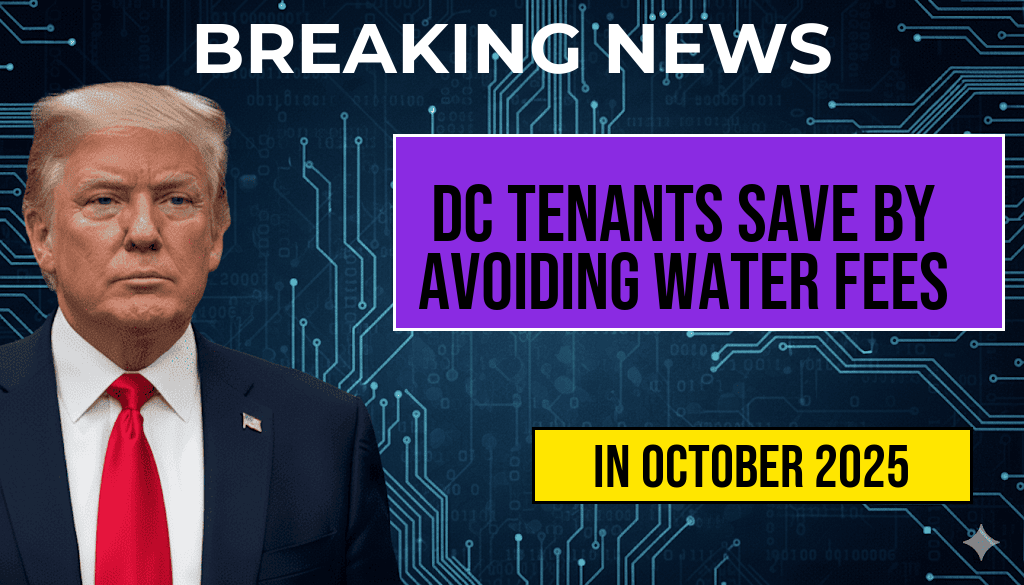The recent furlough of IRS workers has raised significant concerns among taxpayers, particularly in light of the agency’s already strained resources. As the IRS grapples with staffing shortages, many are left wondering how a $0 service window could affect their tax extensions and refunds. With millions of Americans depending on timely processing of their tax filings, the implications of this situation are far-reaching. As the federal government navigates these challenges, understanding what a furlough means for tax deadlines and financial returns is crucial for taxpayers and tax professionals alike.
Understanding the Furlough Situation
The IRS has been facing unprecedented challenges in recent years, including budget constraints and staffing shortages exacerbated by the pandemic. The furlough of IRS workers is a direct result of these ongoing issues, leading to reduced operational capacity at a critical time for tax processing. As the agency struggles to maintain its essential services, taxpayers are left with lingering questions about the status of their refunds and extensions.
What Does a $0 Service Window Mean?
The term “$0 service window” refers to the period during which the IRS is unable to provide any customer service due to the furlough of its employees. This effectively means that taxpayers may experience delays in processing their tax returns, receiving refunds, or obtaining assistance with inquiries.
- Tax Extensions: Filing for an extension typically allows taxpayers additional time to submit their returns. However, without IRS staff to process these extensions, there may be uncertainty about the acceptance and processing of these requests.
- Refund Delays: Many taxpayers rely on their refunds to manage expenses throughout the year. With the IRS unable to process claims, delays in receiving these funds could impact personal finances.
- Customer Service Challenges: The inability to access IRS customer service means that taxpayers may struggle to get answers to urgent questions, complicating the tax filing process.
Implications for Taxpayers
The IRS furlough presents several implications for taxpayers, especially those who are due refunds or have filed for extensions. Understanding these impacts can help individuals navigate the complexities of their tax situations.
Potential Delays in Refunds
For many, tax refunds serve as a financial lifeline. The current furlough has the potential to significantly delay these refunds. According to the IRS, the average refund time for electronically filed returns is around 21 days, but with the current situation, this timeline could extend considerably.
Filing Extensions Under Scrutiny
Taxpayers are encouraged to file extensions if they are unable to meet the April 15 deadline. However, the lack of IRS personnel to process these requests raises concerns about whether extensions will be honored in a timely manner. Taxpayers should keep meticulous records of their filing dates and any correspondence with the IRS.
How to Navigate the Current Tax Environment
Given the challenges posed by the IRS furlough, taxpayers can take specific actions to mitigate potential issues and ensure their tax obligations are met.
- File Early: Submitting tax returns as soon as possible may help avoid some delays associated with processing times.
- Use Online Resources: The IRS provides a range of online tools and resources that can assist taxpayers in tracking their refunds and understanding their filing status.
- Stay Informed: Keeping up with IRS announcements and updates can provide insight into expected processing times and any changes to tax policies.
Conclusion
The furlough of IRS workers during a critical tax season has significant implications for American taxpayers. With a $0 service window in effect, individuals may face challenges in processing extensions and receiving refunds. As the situation evolves, taxpayers should remain proactive and informed to navigate the complexities of their tax obligations effectively. For more detailed information, taxpayers can visit the [IRS official website](https://www.irs.gov) or consult resources like [Forbes](https://www.forbes.com) for ongoing updates.
Frequently Asked Questions
What does it mean for my tax refund if IRS workers are furloughed?
The furlough of IRS workers can lead to delays in processing tax refunds, as fewer employees are available to handle claims. This could extend the time it takes for you to receive your refund.
How will a $0 service window affect my tax extension?
A $0 service window indicates that the IRS may not be able to process requests or provide assistance during this time. If you’ve filed for a tax extension, you might experience delays in confirmation or support related to your extension.
What should I do if I have questions about my tax situation during the furlough?
During the furlough, it may be challenging to get immediate answers to your questions. It’s advisable to check the IRS website for updates or consider consulting with a tax professional for guidance on your specific situation.
Will I still be charged penalties if my refund is delayed?
If your refund is delayed due to the furlough, you typically won’t face penalties as long as you filed your taxes on time and followed the proper procedures for an extension or refund request.
How can I stay updated on IRS operations during the furlough?
You can stay informed by regularly visiting the IRS website, where they post updates about operations, service availability, and any changes that may impact your tax filings or refunds.












